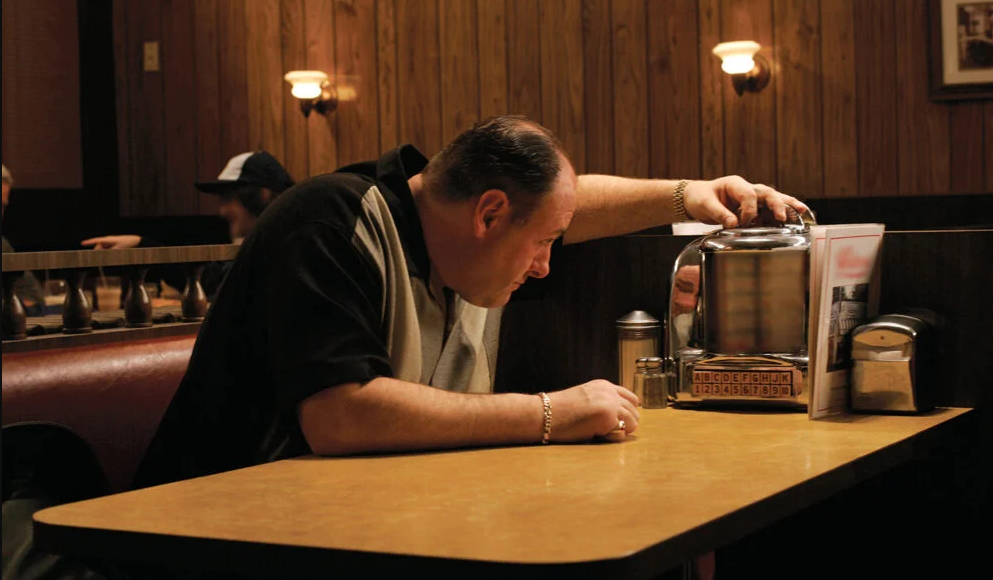As it stands, the current Number One song on the Billboard Hot 100 is “All Too Well” by Taylor Swift – albeit, the 10-minute extended edition.
“All Too Well (Taylor’s Version)” and its parent album, Swift’s re-recording of 2012’s “Red,” have taken the music world by storm this past month. In doing so, the aforementioned track in particular has reminded fans and critics alike that a song’s chart life and overall reach are not always defined by its performance in the immediate.
The following three songs, and their unique paths to leaving an impact, paved the way for Swift and other contemporary artists to adopt the belief their songs too could circle back to the pop cultural forefront with even more staying power the second time around.
“Bohemian Rhapsody” by Queen
The unconventionally arranged, ballad-turned-opera-turned-certified hard rock anthem was a Number One hit in the United Kingdom upon its 1975 release. It returned to the same charts at Number Two shortly after the death of Queen frontman Freddie Mercury in 1991.
Despite peaking at Number Nine on the Hot 100 Charts, the six-minute saga-of-a-song with proven marketability across decades still failed to attain the massive radio play in the United States it would later, once Wayne Campbell and Garth Algar entered the conversation.
After its iconic usage in 1992’s comedy Wayne’s World starring Mike Meyers and Dana Carvey, “Bohemian Rhapsody” became inescapable on the radio and off – and still is. Myers would provide apropos, tongue-in-cheek commentary on the song’s unanticipated life well beyond the dusty record shelf in the aptly-titled 2018 Queen biopic. In his cameo as an executive, Myers’ character condemns the track as “too long for radio” and impossible for “teenagers to crank up the volume in their car and bang their heads to.”
“Perfect Day” by Lou Reed
Though it failed to chart in 1972, the late glam rock legend and Freeport native Lou Reed’s lone Number One hit did not become the chart-topping, widely repurposed ballad of bittersweetness it’s now recognized as until 25 years after the fact.
“Perfect Day” has its appearance on the “Trainspotting” soundtrack to thank. In Danny Boyle’s cult-beloved 1996 film, the song plays in its entirety over a memorable non-fatal overdose and subsequent hospitalization sequence; a clear aesthetical reference to those convinced his lyrics signified drug injection – despite Reed’s insistences to the contrary.
“Don’t Stop Believin’” by Journey
“‘Don’t Stop Believin’ — a mega-cheese classic of Eighties sentiment that’s gotten bizarrely popular in recent years,” Rolling Stone Magazine wrote in 2018. The celebrated 1980s product soon dwindled in popularity enough to be left off the publication’s 2004 compilation of its “Top 500 Greatest Songs of All Time” altogether.
Now sitting at No. 133 on the ranking’s polarizing 2021 revision – which The Messenger extensively covered earlier this Fall – the song has clearly experienced a resurgence; to the point where even “Glee’s” 2009 cover landed at Number Four on the Hot 100, compared to the original’s Number Nine peak.
What brought upon this sudden jump in measurable adoration? It wasn’t “Glee,” but rather a two-word title – two years earlier: “The Sopranos.”
Tony Soprano’s selection in the still-discussed closing moments of the series’ 2007 finale helped turn a tune confined to a tabletop jukebox into the proverbial “go-to” for every self-respecting emcee in the years since — and for years to come.






